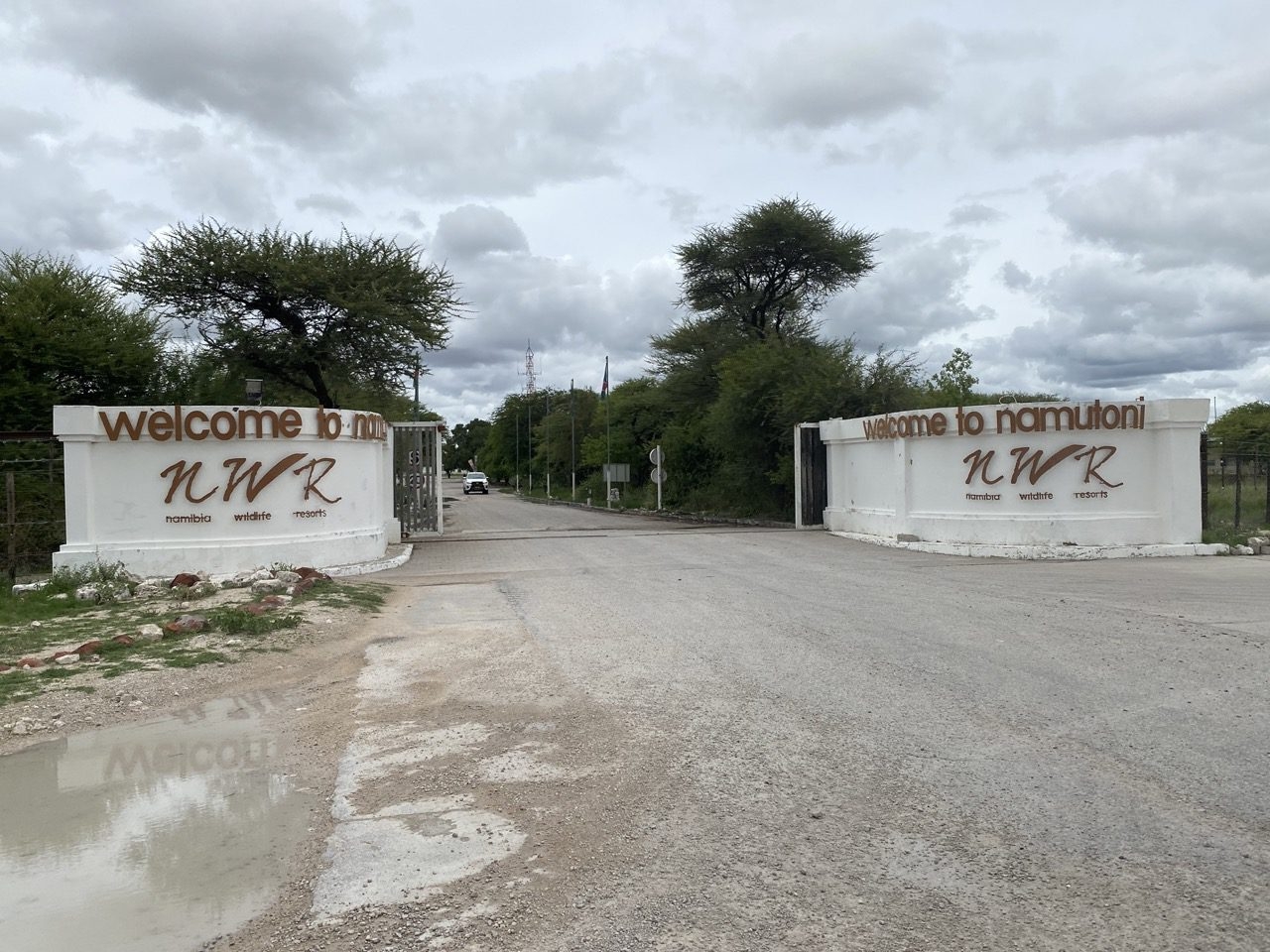THE impact of HIV-AIDS in southern Africa might cause countries to change their political systems like proportional representation and single-member constituency systems, where a candidate is voted directly by the people, a new research study in six countries, including Namibia, has shown.
Presenting the findings to reporters yesterday, Kondwani Chirambo of the Institute for Democracy in South Africa (Idasa) said increasing by-elections caused by deaths of elected politicians burdened Government budgets and smaller political parties might see their membership and voters eroded due to the pandemic. The study is a three-year research project into HIV-AIDS and how it has undermined the electoral process in a number of fledging multi-party democracies in Africa.Research was done in South Africa, Malawi, Namibia, Tanzania, Senegal and Zambia.It focused on the attrition among political leaders, depletion of skills and experience in electoral politics, constraints on participation in the electoral process by citizens, and other consequences arising from the pandemic.”With the higher concentration of deaths from HIV-AIDS normally in the 15-49 age group, there is a strong likelihood that voting-age populations will be depleted, affecting election participation levels negatively,” Chirambo said.”Lack of legitimacy can in turn spawn political conflict and instability as political opponents seek legal and illegal means to challenge election outcomes.Effects of HIV-AIDS could lead to political opportunism, allowing for leaders with simplistic solutions to manipulate public opinion regardless of whether they uphold democratic governance principles or not,” Chirambo said.”At a more strategic level, political parties will need to develop succession plans where none exist and initiate workplace programmes with strong information, education and communication components on the political, economic and social dynamics of AIDS.”In Namibia, six sitting MPs died between 1990 and 2006.None died from illnesses related to HIV-AIDS according to media reports, but due to complications from diabetes, vehicle accidents, long and short illnesses and heart attack.As in South Africa, the proportional representation or “party list” system employed in Namibia at national level is relatively cheaper to manage when vacancies occur, as no by-elections are required.The next member on the party list gets appointed, except at Regional Council level, where costly by-elections must be held.So far, 32 regional by-elections have been held in Namibia, a costly affair.According to the regional study, some reasons for higher HIV infection levels in the SADC region compared to western and northern Africa could be a combination of pre-existing social, cultural, legal, economic and political conditions.These are high levels of gender-based violence and particularly sexual violence and rape of women and children, low HIV risk perception, and the pervasiveness of transactional and trans-generational sex among young people.High levels of multiple and concurrent sexual partnerships by men and women with insufficient consistent, correct condom use, combined with low levels of male circumcision, are further key drivers of the epidemic in southern Africa.The study is a three-year research project into HIV-AIDS and how it has undermined the electoral process in a number of fledging multi-party democracies in Africa.Research was done in South Africa, Malawi, Namibia, Tanzania, Senegal and Zambia.It focused on the attrition among political leaders, depletion of skills and experience in electoral politics, constraints on participation in the electoral process by citizens, and other consequences arising from the pandemic.”With the higher concentration of deaths from HIV-AIDS normally in the 15-49 age group, there is a strong likelihood that voting-age populations will be depleted, affecting election participation levels negatively,” Chirambo said.”Lack of legitimacy can in turn spawn political conflict and instability as political opponents seek legal and illegal means to challenge election outcomes.Effects of HIV-AIDS could lead to political opportunism, allowing for leaders with simplistic solutions to manipulate public opinion regardless of whether they uphold democratic governance principles or not,” Chirambo said.”At a more strategic level, political parties will need to develop succession plans where none exist and initiate workplace programmes with strong information, education and communication components on the political, economic and social dynamics of AIDS.”In Namibia, six sitting MPs died between 1990 and 2006.None died from illnesses related to HIV-AIDS according to media reports, but due to complications from diabetes, vehicle accidents, long and short illnesses and heart attack.As in South Africa, the proportional representation or “party list” system employed in Namibia at national level is relatively cheaper to manage when vacancies occur, as no by-elections are required.The next member on the party list gets appointed, except at Regional Council level, where costly by-elections must be held.So far, 32 regional by-elections have been held in Namibia, a costly affair.According to the regional study, some reasons for higher HIV infection levels in the SADC region compared to western and northern Africa could be a combination of pre-existing social, cultural, legal, economic and political conditions.These are high levels of gender-based violence and particularly sexual violence and rape of women and children, low HIV risk perception, and the pervasiveness of transactional and trans-generational sex among young people.High levels of multiple and concurrent sexual partnerships by men and women with insufficient consistent, correct condom use, combined with low levels of male circumcision, are further key drivers of the epidemic in southern Africa.
Stay informed with The Namibian – your source for credible journalism. Get in-depth reporting and opinions for
only N$85 a month. Invest in journalism, invest in democracy –
Subscribe Now!










